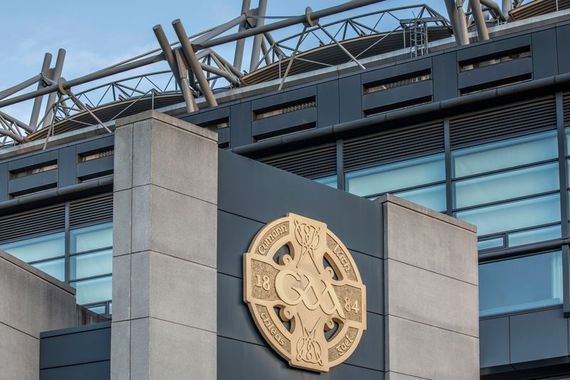The GAA has announced plans to bring Ireland's national sports to the Olympic Games.
World GAA launched its first-ever Strategic Plan ahead of the GAA's Annual Congress in Newry this weekend, stating that the GAA will first attempt to earn recognition from the International Olympic Committee (IOC).
The Strategic Plan states that the ultimate goal is for Gaelic football, hurling, and camogie to be included in the Olympic Games.
"In terms of the GAA’s aspiration to be recognized as an Olympic sport, it’s important to focus on achieving recognition by organizations like AIMS (Alliance of Independent Recognised Members of Sports), getting recognized by the IOC, and ultimately achieving Olympic qualification status," the GAA said in the strategy plan.
"Once Olympic recognition is attained, the GAA can then reassess its goals and aspirations accordingly.
"It is important to acknowledge that this process is likely to take time and success is not guaranteed. Nonetheless, taking the first steps towards this goal is crucial for the GAA."
The Strategic Plan 2024-2026 charts the strategic direction for the seven international units and 475 clubs that make up World GAA for the next three years.
The plan features a variety of objectives to help realize the GAA's vision as a sustainable community-based and volunteer-led organization.
It also outlines the comprehensive goals and strategies for the development of Gaelic Games around the world and aims to strengthen the global reach and impact of the GAA.
World GAA has grown at an enormous rate in recent years due to significant emigration numbers, with around 64,000 people expected to emigrate from Ireland by April this year.
Responding to this surge in emigration, the GAA has identified four strategic themes to form the core of the association's operational plan around the world over the next three years, including coaching and games, health and well-being, PR and communications, and officer training.
The strategic plan focuses on the significance of youth development programs and initiatives, aiming to provide young players with the necessary skills, resources, and opportunities to excel in Gaelic games around the world.
The association additionally aims to secure its future and cultivate a new generation of athletes around the globe.
"The plan also focuses on the importance of governance and transparent decision-making processes within the GAA," the GAA said in a press release.
"By fostering effective communication, ensuring accountability, and embracing diversity and inclusion, the organization seeks to cultivate an environment that promotes collaboration and drives the sustainable growth of Gaelic games worldwide."
Outgoing GAA President Larry McCarthy described the Strategic Plan as a "visionary document", adding that there are now 450 international GAA clubs scattered across the globe.
"The GAA and Gaelic games are a global phenomenon with more than 450 clubs providing games, a sense of community and support in towns and cities all over the world," McCarthy said in a statement.
"The World GAA Strategic Plan is a visionary document. It is a roadmap to strengthen our existing roots internationally and to encourage World GAA to boldly go in search of new territories where our magnificent games of hurling, football, and camogie, and the ethos of Where We All Belong can have an inspirational impact.
"The pillars focusing on coaching and games, health and well-being, officer training, and PR and communications offer a solid foundation to build upon."
The GAA's aim to include Gaelic games in the Olympics centers on securing international recognition from more than 60 national sporting federations around the world, with the eventual goal of securing AIMS recognition by 2026.
Once AIMS recognition has been secured, the GAA will re-assess the situation.
Gaelic games were briefly included in the Olympics, unofficially featuring the 1904 Games in St Louis.




Comments